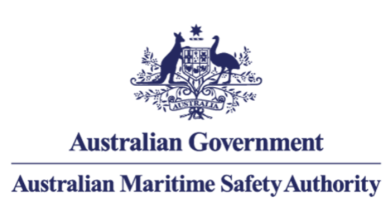
The Australian Maritime Safety Authority (AMSA) has issued a ‘refusal of access Direction’ to the Netherlands-flagged general cargo ship Marsgracht, banning the ship from entering Australian ports for 180 days.
On 6 February, the Marsgracht was detained at Port Alma for improper stowage of dangerous goods – contrary to the International Maritime Organization’s International Maritime Dangerous Goods (IMDG) Code.
Despite this, during a port state control inspection at the same port on 14 November 2024, 9 months later, the Marsgracht was again detained for improper stowage of dangerous goods. Continue reading “AMSA bans Marsgracht, a cargo ship from Australian ports”







